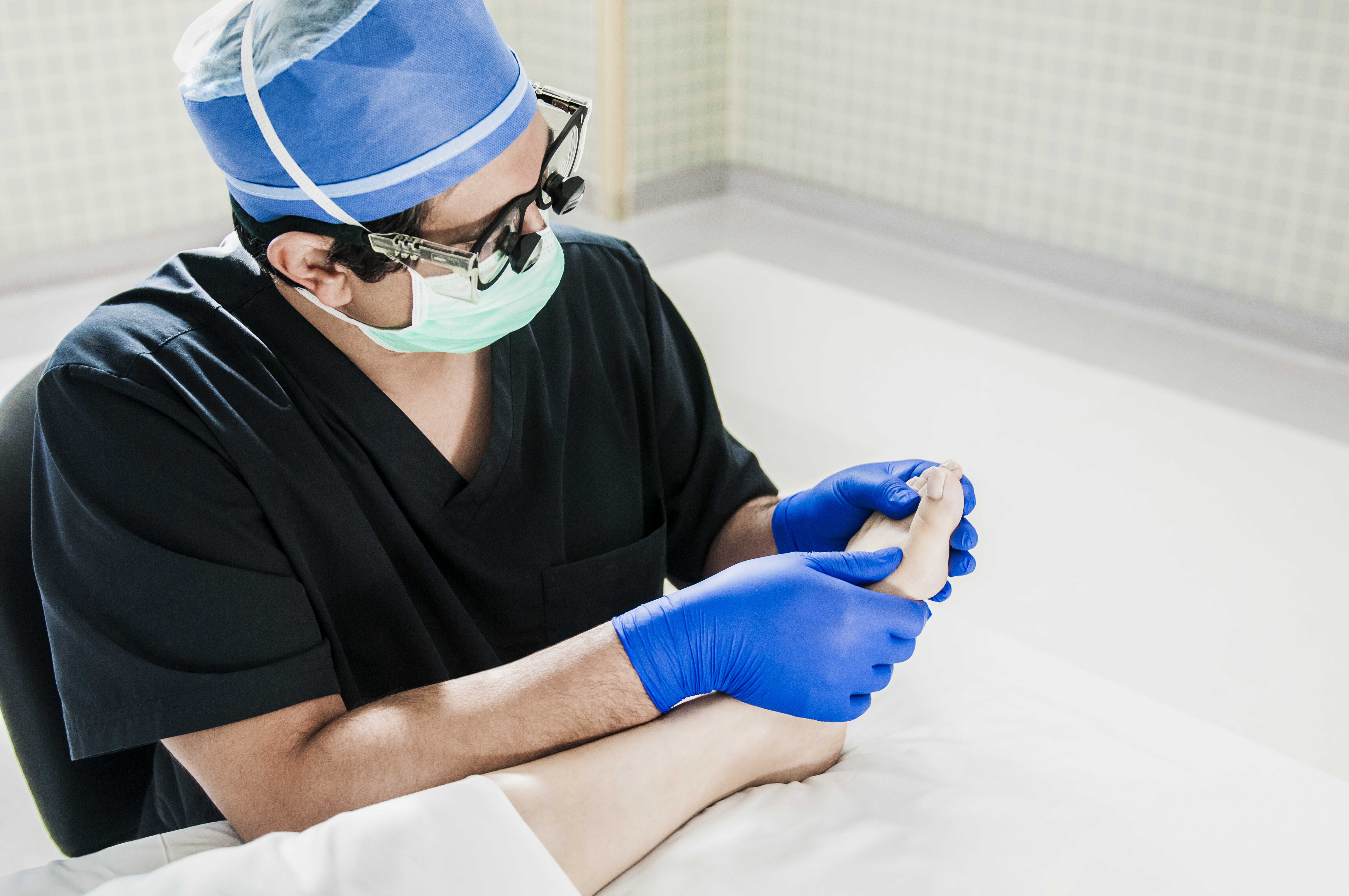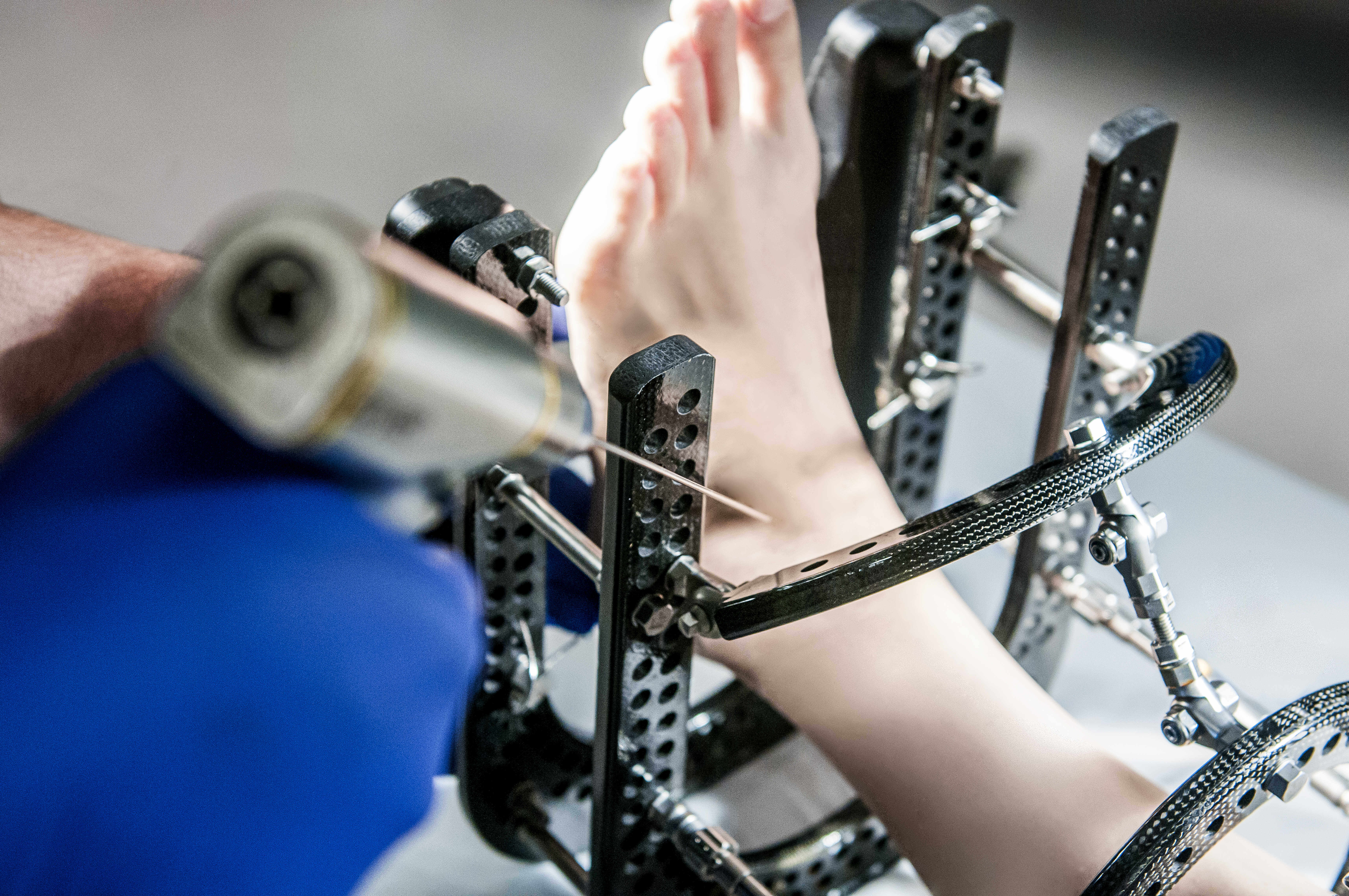
Achilles Tendon in Oxnard CA
A tendon is a band of tissue that connects a muscle to a bone. The Achilles tendon runs down the back of the lower leg and connects the calf muscle to the heel bone. Also called the “heel cord,” the Achilles tendon facilitates walking by helping to raise the heel off the ground.
What is Achilles Tendonitis?
Achilles tendonitis is a painful condition that results from repeated overuse of the Achilles tendon. It can be caused by sports, such as basketball and running, but it may also result from standing or walking for long periods of time. In some cases, the condition can be caused by a rupture or tear in the Achilles tendon itself.
What are the Symptoms of Achillies Tendonitis?
The most common symptom of Achilles tendonitis is pain at the back of the ankle and heel. The pain can be sharp or dull, and sometimes it may feel like a burning sensation. Other symptoms include swelling, bruising, tenderness to touch, and difficulty moving your foot in certain ways. In severe cases where there’s swelling and inflammation around your heel bone (calcaneus), you may notice redness as well as heat at this site. You may also experience difficulty getting out of bed or climbing stairs if you have severe pain or swelling in your Achilles tendon.
What are the Causes of Achillies Tendonitis?
Achilles tendonitis is usually caused by overuse. This may occur during sports activities, such as basketball, running, or football. It may also result from standing or walking for long periods of time on hard surfaces. In some cases, the condition can be caused by a rupture or tear in the Achilles tendon itself.
How is Achilles Tendonitis Treated?
When treating your Achilles tendonitis, you should rest your foot and avoid activities that aggravate pain and inflammation. Your doctor will also recommend ice packs for reducing swelling and inflammation around your ankle and heel. To help reduce pain and swelling, you may also take over-the-counter anti-inflammatory medications, such as ibuprofen (Advil) or naproxen (Aleve). You may also wear a splint to protect your foot and reduce stress on your Achilles tendon. To prevent further injury, you should wear shoes with good arch support that fit well while exercising or standing for long periods of time. Your doctor may also recommend physical therapy to help stretch the calf muscles in order to strengthen and support your ankle joint. In some cases where there’s a tear in the Achilles tendon itself, surgery will be required to repair it.



